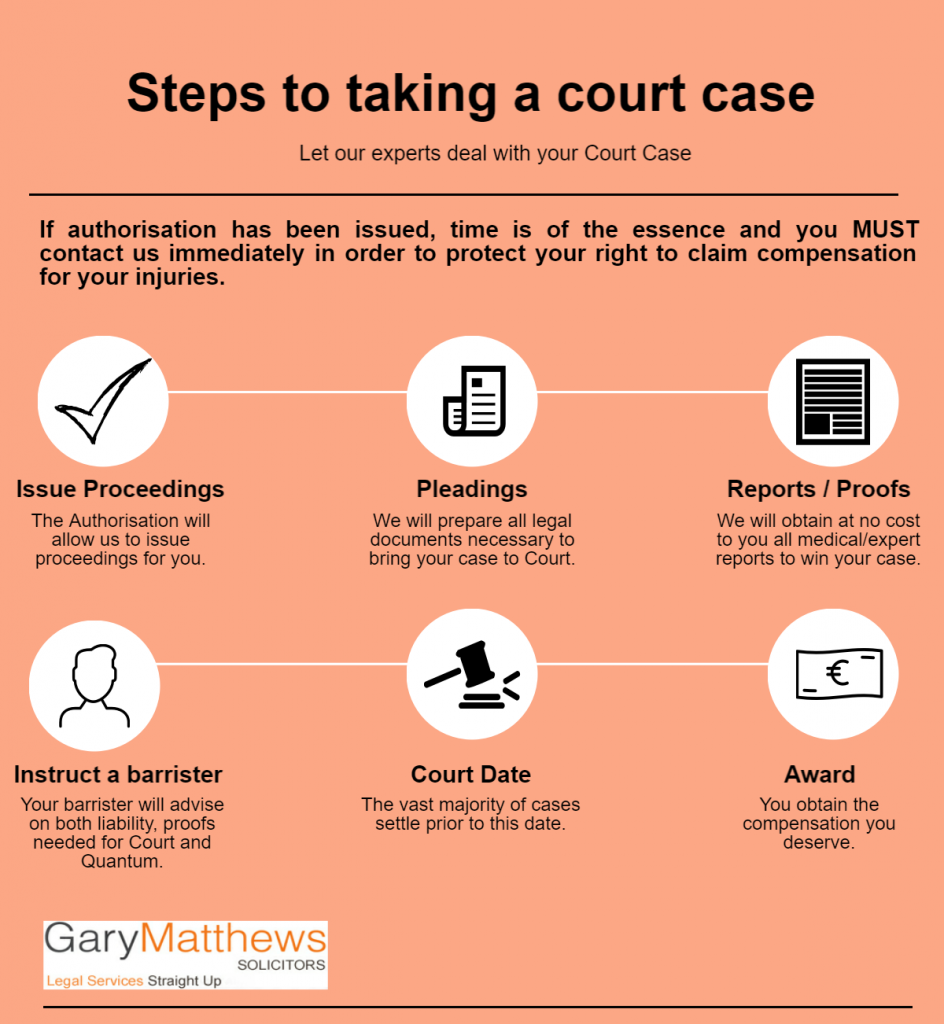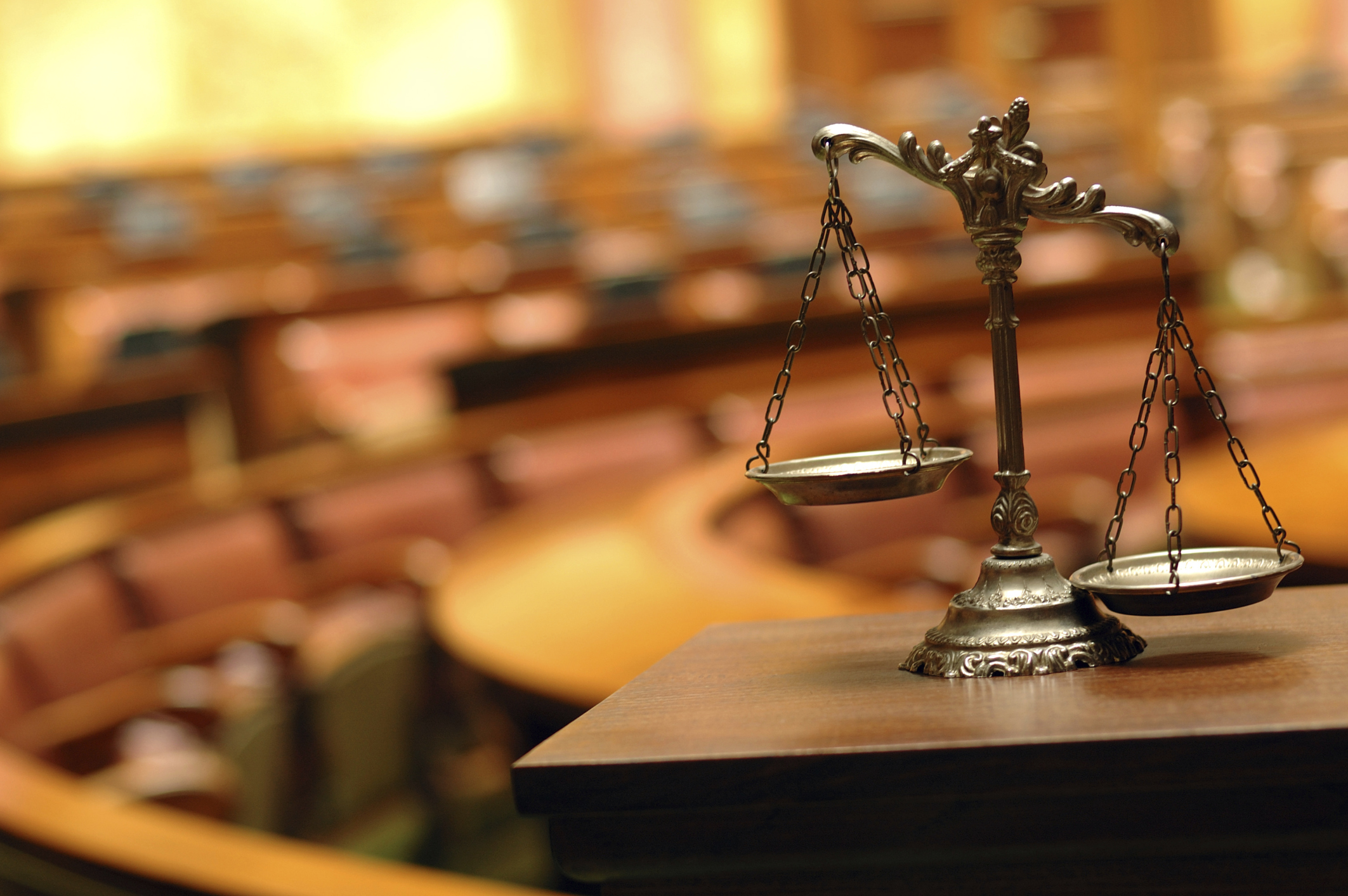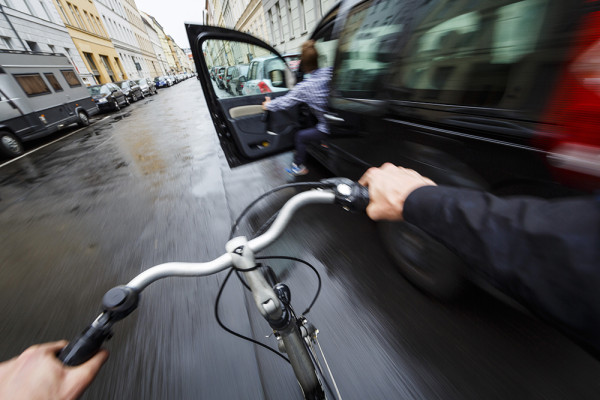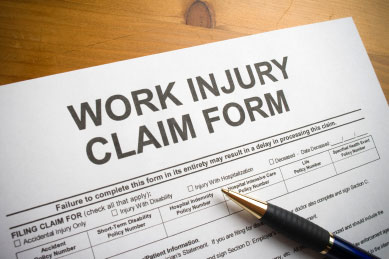Going to court – the very thought of it conjures up nerves for many people. From watching court on our TV screens and cinemas, we think we have a real picture of what goes on there every day.
We’re glad to report that most personal injury claims are settled without setting foot inside a court. But if it turns out that court is the preferred option, we can assure you there is nothing to be concerned about and we’ll be at your side from day one. How does it work?
Which Court?
First of all, it depends where your case is being heard. In Circuit Court cases, your case will be presented in Court by your Barrister. In High Court cases, you will be represented by a Senior Counsel as well as a Barrister (Junior Counsel). A pre-trial consultation takes place with your Counsel either on the day of the trial or within a day or two previously. It’s important to remember that first impressions are important in every walk of life and the courts are no different. You should dress in an appropriate manner for your court appearances.
Where do I get a barrister?
At Gary Matthews Solicitors, we’ll source only the best people to work with and our experienced Barrister will lead you through your evidence. Make sure that you answer all questions as best you can. Try to avoid giving hasty or confused replies. If you are not sure of the answer of any question, you should say so. After the examination by your own Barrister, the Defendant’s Barrister will cross-examine, in an attempt to illicit details from you which may be favourable to the Defendant’s case. You should also expect some questions from the judge but sometimes this may not be the case.
What happens after my court date?
Once your evidence is completed, the evidence of any other witnesses is taken in the same way. In regard to medical evidence, medical practitioners may be in attendance in Court but more usually, their evidence is admitted in the form of medical reports handed into the Judge. When all the witnesses have been heard, and Counsel has made any relevant points to the Court, the Judge usually makes his/her decision there and then, or s/he may adjourn for a short time for consideration or, on occasions, postpone his/her judgement to another day. The judge delivers a decision on liability, and if deciding in favour of the Plaintiff, will make an award of damages as compensation.
Like any working environment, certain procedures and protocol must follow and it’s important that you have an understanding of these. This means there’ll be no surprises for you on the day. We have over 20 years’ experience in personal injury law and if you do go to court, you’ll be in safe hands with Gary Matthews Solicitors.
Click on this link here to call the office for a no obligation enquiry and speak directly to Mr Matthews.
Complete our no obligation online enquiry form by clicking this link www.gary.ie

Enquiry Form
To discuss your claim complete the form below & a member of our team will get back to you.
[ninja_forms id=1]





